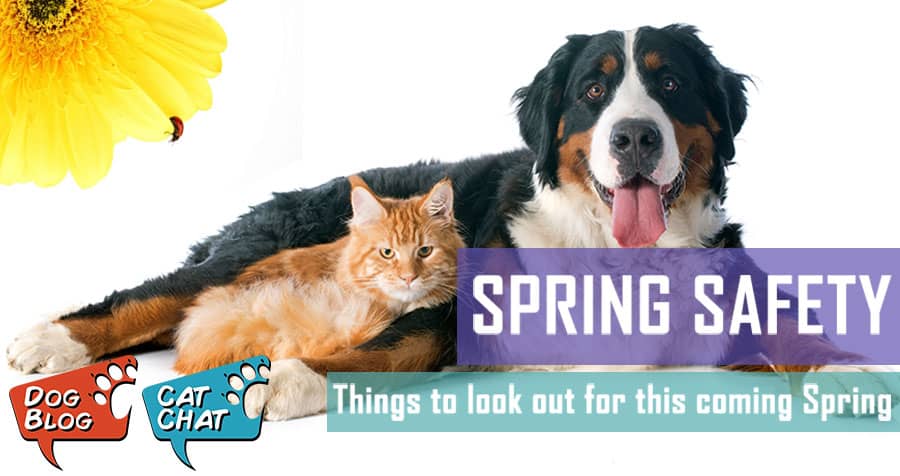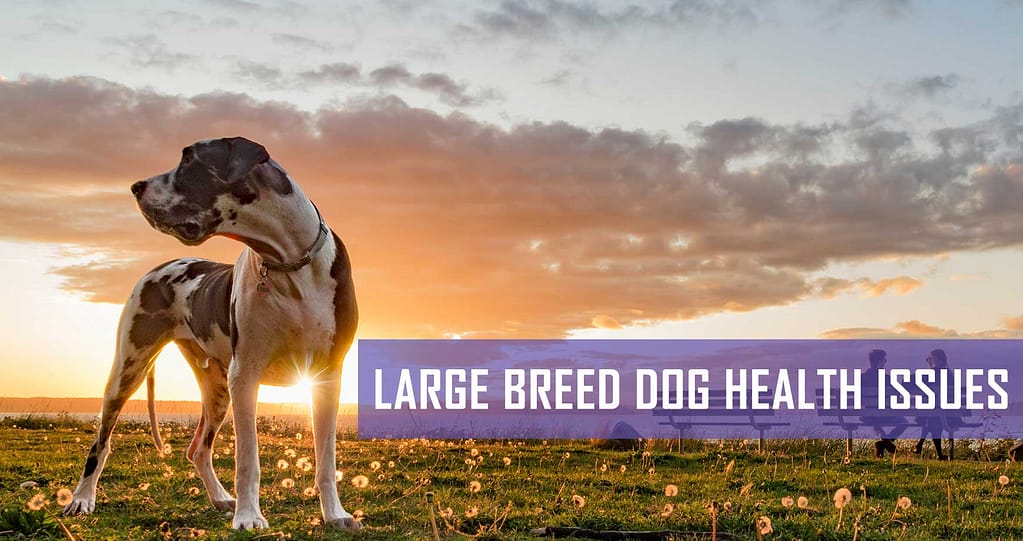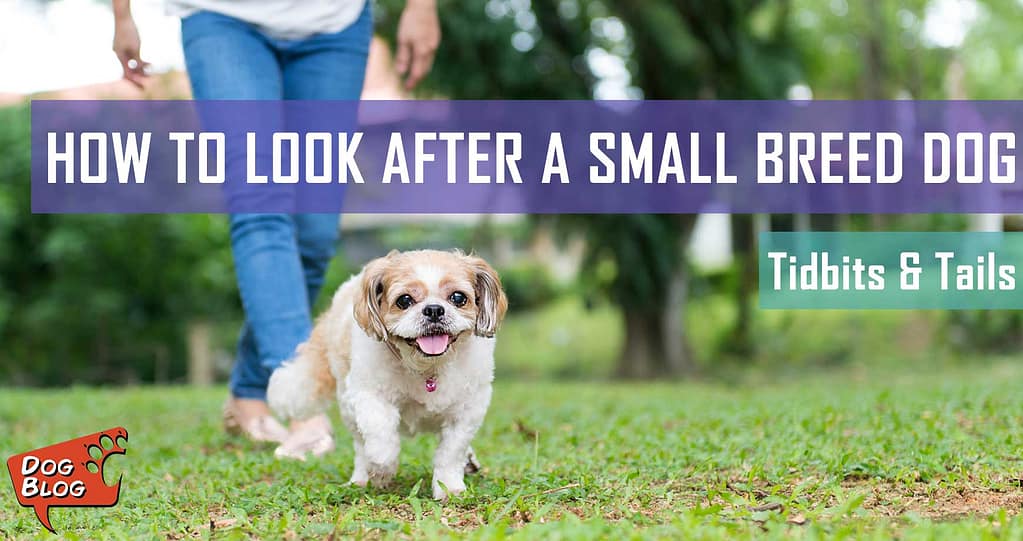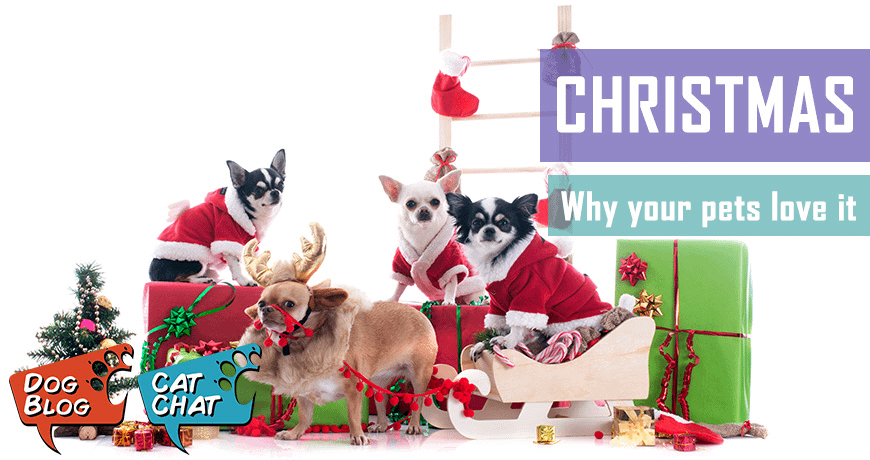Following a few cold months of winter weather, spring has finally arrived! Birds and flowers are alive in the garden in response to the warmer temperatures, and now is the perfect season to spend time with your pet! Before you embark on seasonal chores or outdoor adventure, take note of potential springtime hazards for your delicate, furry friend.
Spring plants, flowers and garden
Watch out for poisonous plants. Species common at this time of year can include lilies, daffodils, spring bulbs and azaleas. Beware of fertilisers, insecticides and herbicides which keep our plants and lawns healthy, but their ingredients can be hazardous to our four-legged friends and can be fatal if your pet ingests them. Always store these dangerous products in places that cannot be accessed by your dog or cat, especially when you are not around. Be sure to follow the label instructions of all garden products very carefully. If you notice any signs of poisoning in your pets, such as excessive salivation, vomiting, diarrhoea, appearing ‘drunk’ or even collapsing, contact your vet immediately.
Allergies:
Ah-ah-achoo! Like their sneezy human counterparts, pets can also develop allergies to certain foods, dust, plants, grass and pollen. Allergies in pets normally manifest as itchy skin and ear problems, accompanied by hair loss or inflamed skin. Some pets will even change their behaviour due to irritation. Others will suffer respiratory symptoms or runny eyes. Keep an eye out for each of these possibilities and if you suspect your pet is suffering from such an allergy, please visit your vet as soon as possible.
Bugs, wasps and bee stings:
Spring and summer rain showers bring beautiful flowers, and with the weather warming up, your pet will be eager to play outside and start exploring. Be cautious however of buzzing insects; curious cats and dogs can be stung by bees if they poke their noses a little too close!
If your cat or dog suffers a sting, the best course of action is to call your vet and describe your pet’s symptoms. Like humans, animals’ allergic reactions differ in severity, so as soon as you notice that your pet has been stung, act fast to avoid further complications. Make sure your dog is up to date with his vaccinations, as well as tick and flea medication, as this time of year sees a rapid increase in the numbers of ticks and fleas … and unfortunately the infectious diseases that come with them.
Parties and treats:
Be aware of the human food that is dangerous when consumed by cats and dogs. Make sure your party or braai guests and visitors are well aware of the house rules too so that they don’t succumb to your dog’s puppy eyes and give them a well-meant but dangerous treat. If you host guests at a braai, make sure your pets are kept at a safe distance from the hot coals and remember that what we consider to be “party food” is not safe for our pets – ensure that human food and drink are kept well out of paw’s reach!
Kebab skewers, alcohol, corn on the cob and bones are particularly dangerous braai hazards for your pet. Chocolate is extremely toxic to dogs and cats and should be stored in a safe place. Dark chocolate and baker’s chocolate are the most toxic for your pet, while white chocolate and milk chocolate don’t pose quite as much of a risk. However, no amount of chocolate is good for your animal, ever! If your pet ingests chocolate, take them to your vet immediately.
Sun protection:
Too much time in the sun poses similar health risks for our dogs and cats as it does for ourselves. Like humans, pets experience sunburn, which can not only be painful, but also increases the risk of skin cancer. Be aware of dogs that like to spread out in the sun, particularly those that lie on their backs and expose their bellies, which do not have a fur covering for protection. The lighter the complexion of your pet’s fur and the shorter the fur is, the more damage the sun will do. As with humans, white skin that lacks pigment is especially vulnerable to burns, which can cause skin cancer later in life.
Topically applied sunscreen will protect your pet from the harmful effects of the sun, but should always be used in conjunction with efforts to reduce overall sun exposure by providing sufficient shade and other sun barriers whenever possible. Use a non-toxic, hypoallergenic sunscreen formulated specifically for use on pets, as your pet could lick and ingest some of the product after it has been applied.
Exercise
Never take your dog for a walk during the hottest time of day (11:00 – 15:00). This is especially important for brachycephalic (short-nosed) dogs, as many struggles to breathe properly in general. Heatstroke can also occur on hot days. If your dog’s panting becomes excessive, they look weak, if gums are bright red or if they collapse, you should stop walking immediately. Cool your dog down as much as you can (rest, shade and water will work) but take them to the vet as soon as possible if you are concerned or unsure about their wellbeing.
If you are going to walk your dog off the lead, make sure you are in a safe environment. Ensure your dog is well trained (especially the recall and wait/stop command), under control and within your sight at all times. Even the best-trained dog can be spooked and will run off, so ensure your dog is wearing a collar, ID tag and ideally, that they are microchipped (don’t forget to keep your contact details up to date). This will make it much easier to reunite you with your pet if you become separated.
For more information and best practice on walking your dog, read our exercise guidelines article.
Read more about common skin allergies in dogs and get a better idea of how to help and treat your pet.







